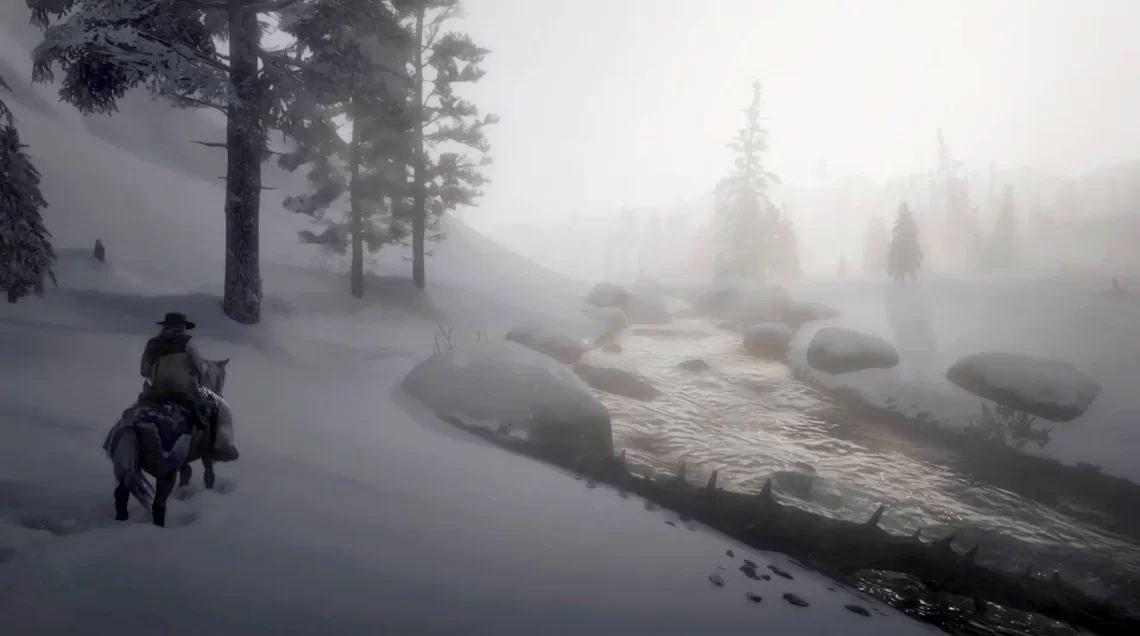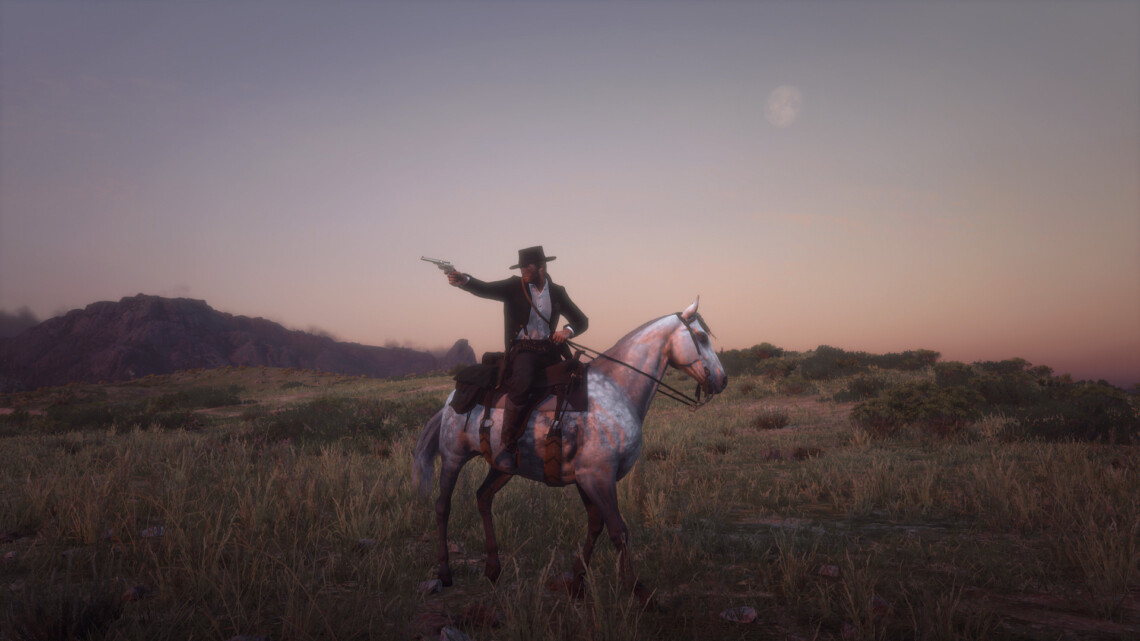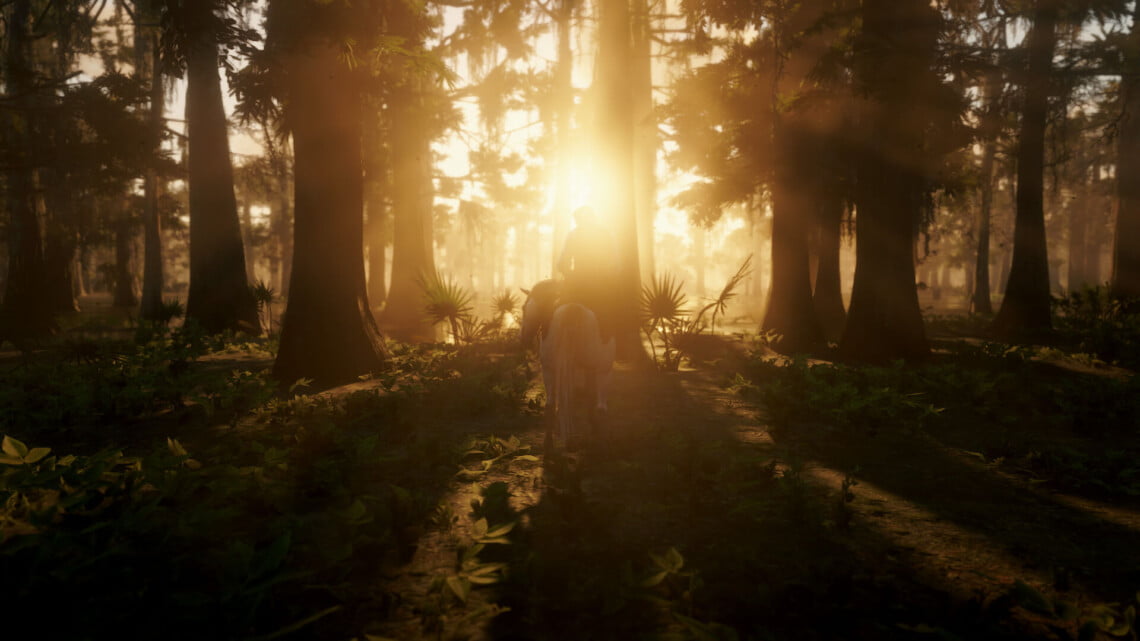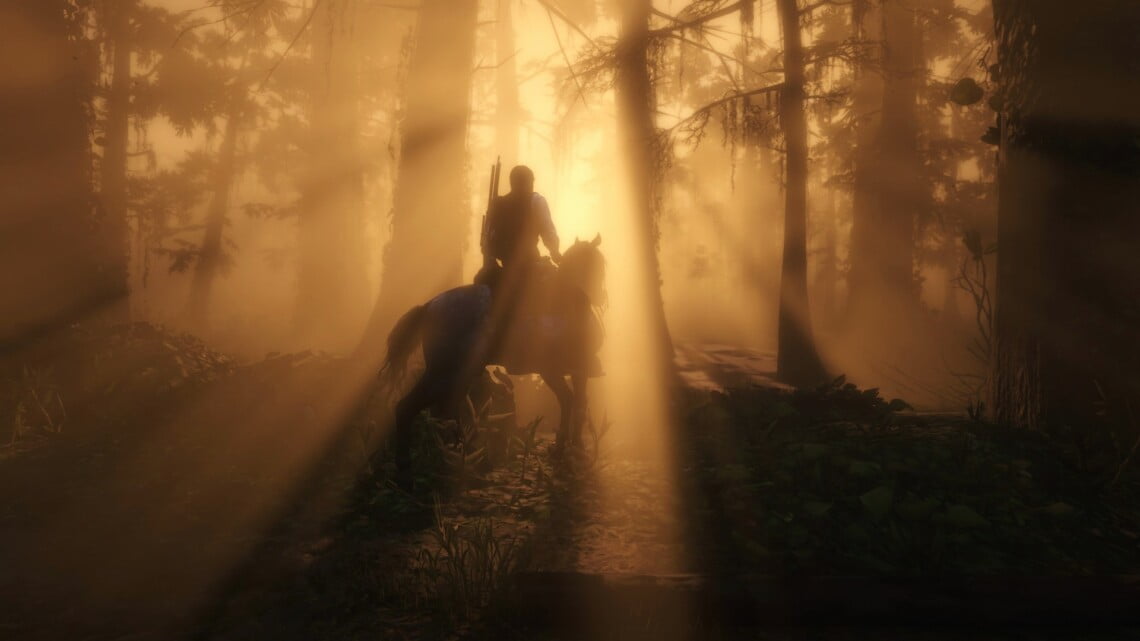Butcher’s Crossing is an 1960 novel by John Williams about a young man named (hilariously) William Andrews, who leaves Harvard in the 1870s to go West and experience the parts of the country untouched by European colonizers. In part, he’s inspired to do so by Ralph Waldo Emerson, the most prominent figure of the Transcendentalist movement. Another leader in the literary movement, Henry David Thoreau, is part of the basis for the character Evelyn Miller.
It wouldn’t be much of an exaggeration to say that everyone in the English-speaking world, and much of the rest of the world besides, has heard of King Arthur and the Knights of the Round Table. But this statement is more vexed than it first appears. Which version of King Arthur have people heard of, and which versions of the knights?
I've discussed Paradise Lost in some depth now, but there are still quite a few allusions that didn't fit elsewhere. This also seems like the best place to discuss the other allusions to the Romantics in the game. Here's a roundup of the essays, followed by a list of the other references the game makes.
One of the writers’ apparent motivations in writing Red Dead Redemption 2 was to make Red Dead Redemption even more sad. The way the first game is retconned in the second one can be annoying because of the mismatch in details, but at times, it’s very effective ...
Paradise Lost, as one of the most essential influences of Red Dead Redemption 2, naturally contributes more than characters to the game’s narrative. Like the poem, one of RDR2’s central themes involves the gaining of knowledge. However, the game and the poem come to divergent conclusions about that concept. What Milton condemns, RDR2 declares imperative.
The writers of Red Dead Redemption 2 – Dan Houser, Michael Unsworth, and Rupert Humphries – drew more inspiration from Paradise Lost, the epic by John Milton, than any other work. Milton is the 17th-century poet who gives the game's Agent Milton and John-I-Mean-Jim Milton their names. The poem tells a much-expanded version of the Biblical story of Genesis, beginning with the aftermath of Lucifer's rebellion in heaven and ending with Adam and Eve's expulsion from Eden. The poem and the game both deal with themes of sin and repentance – but they arrive at disparate conclusions.





